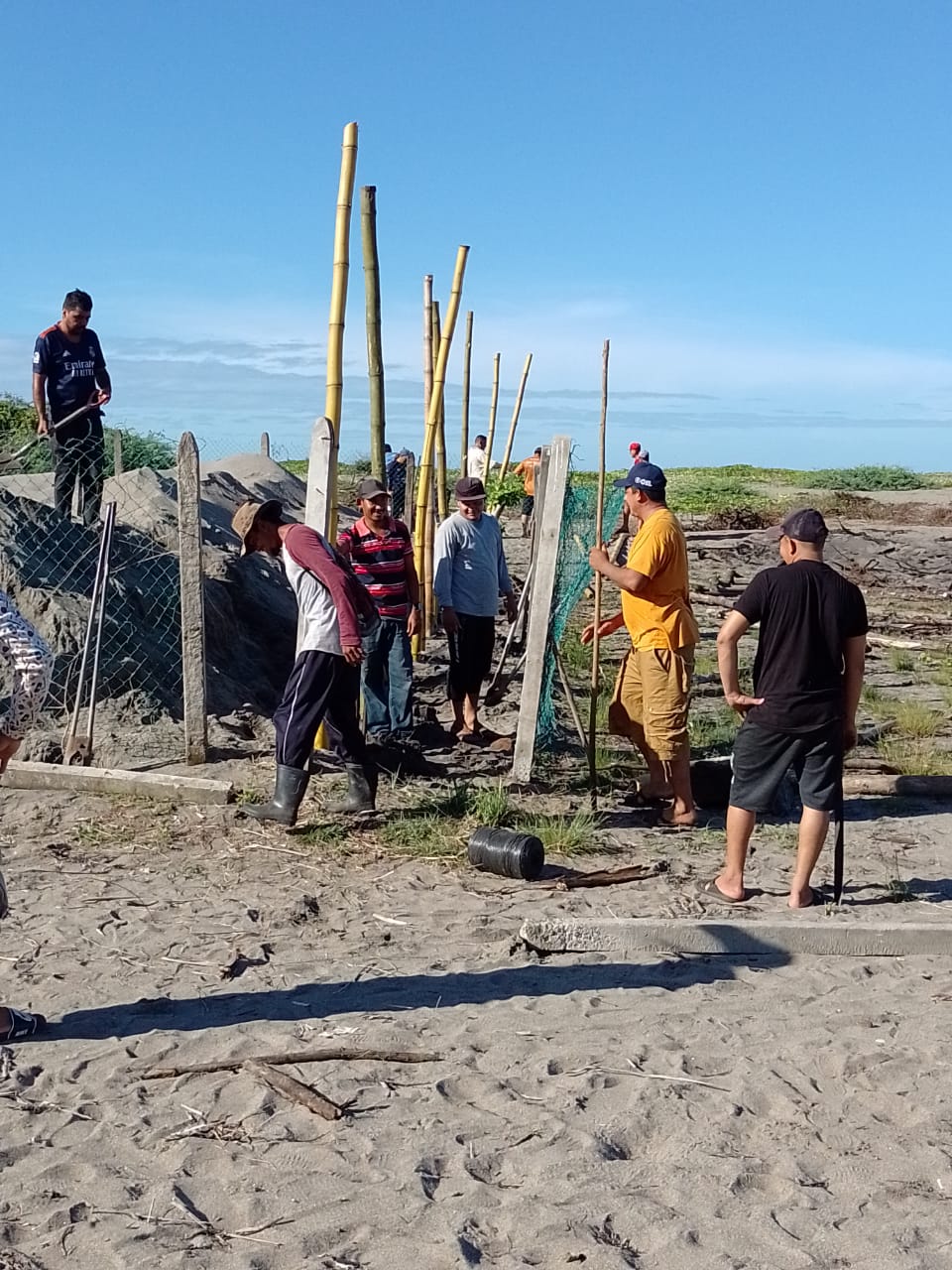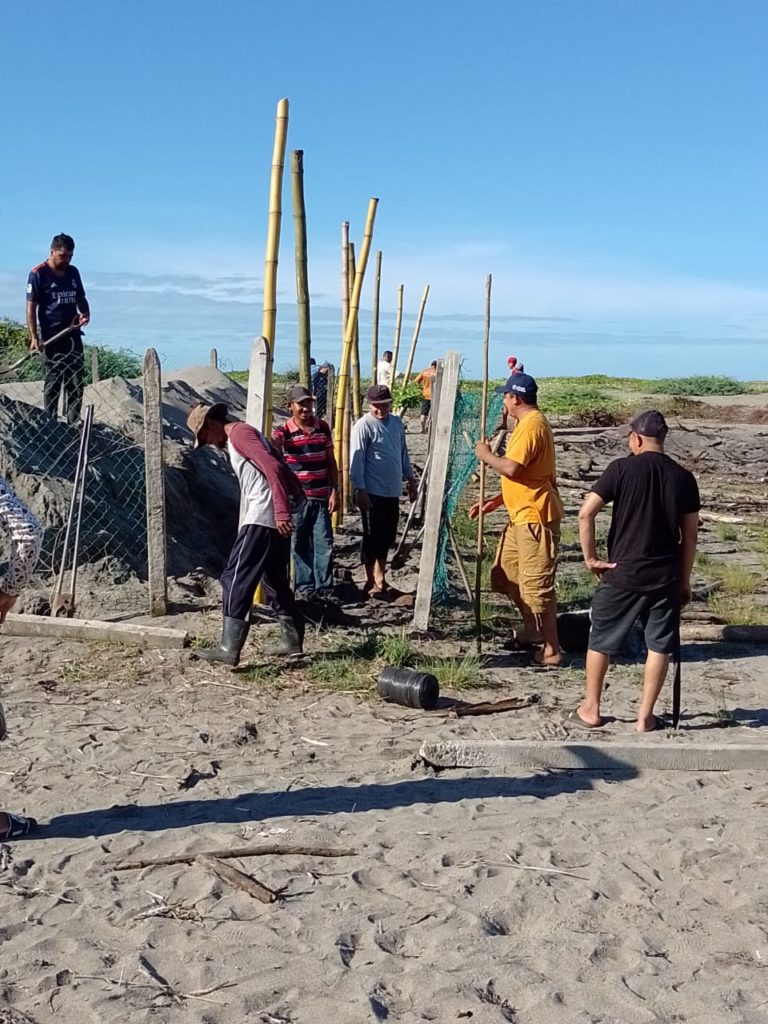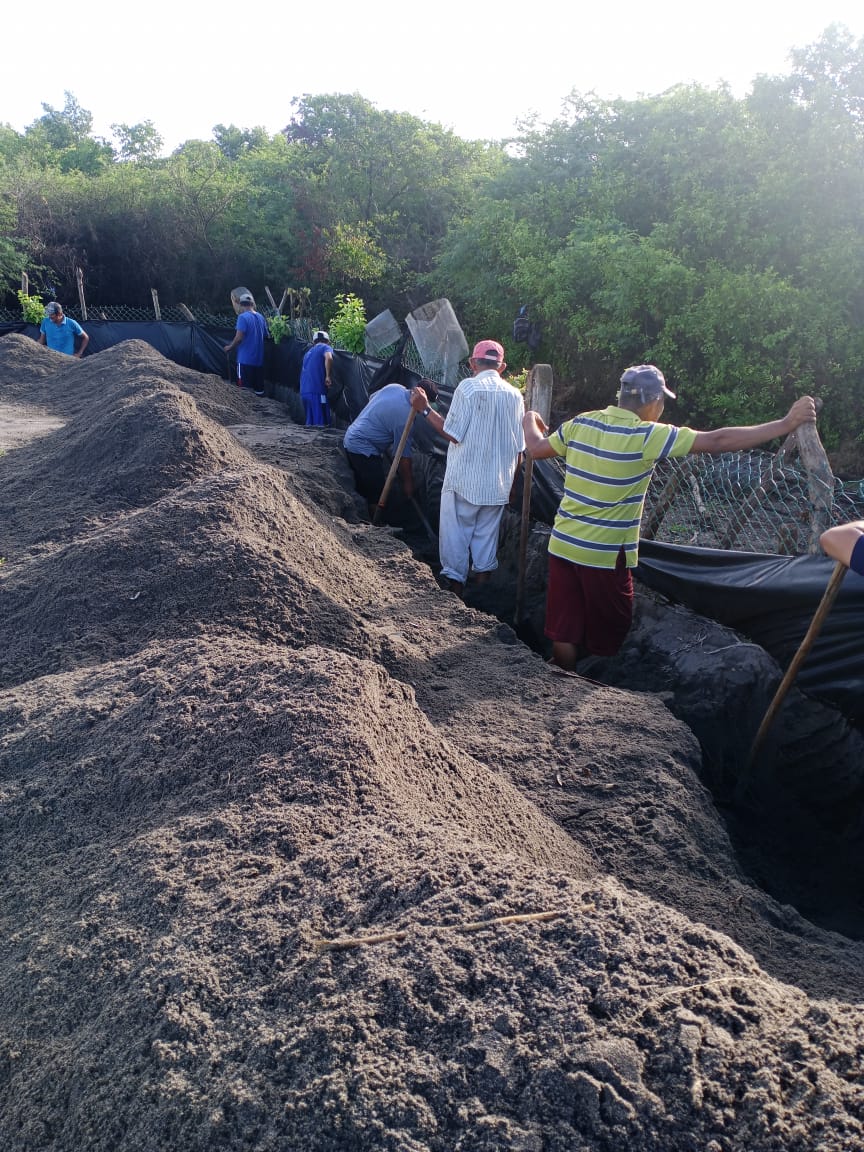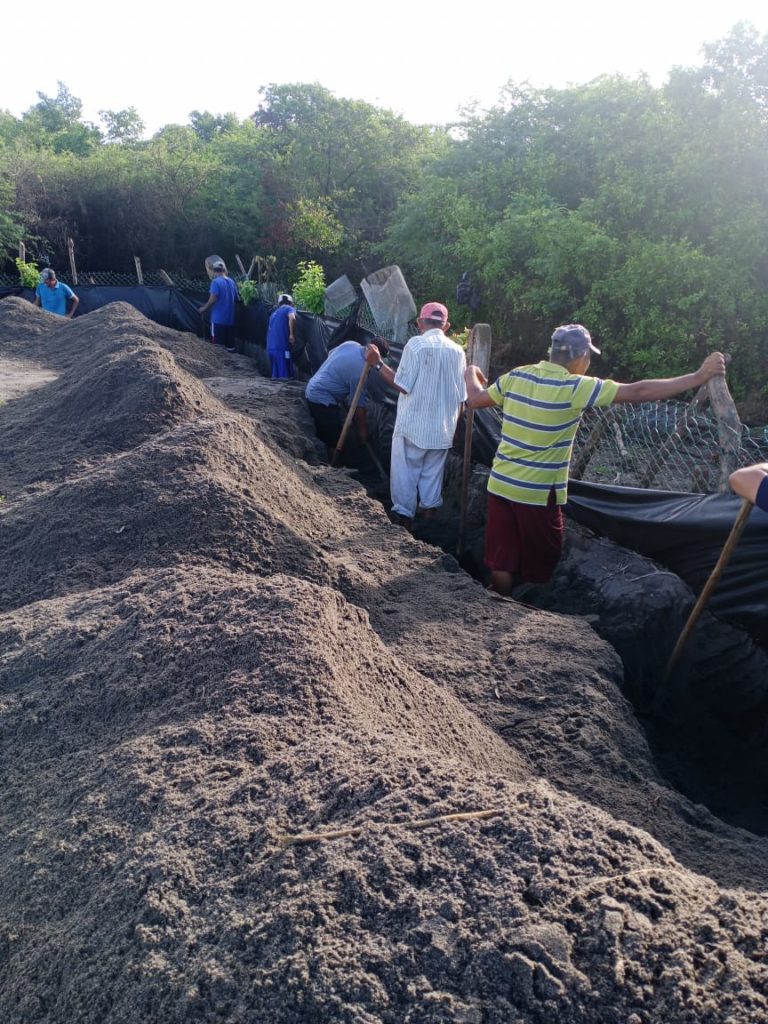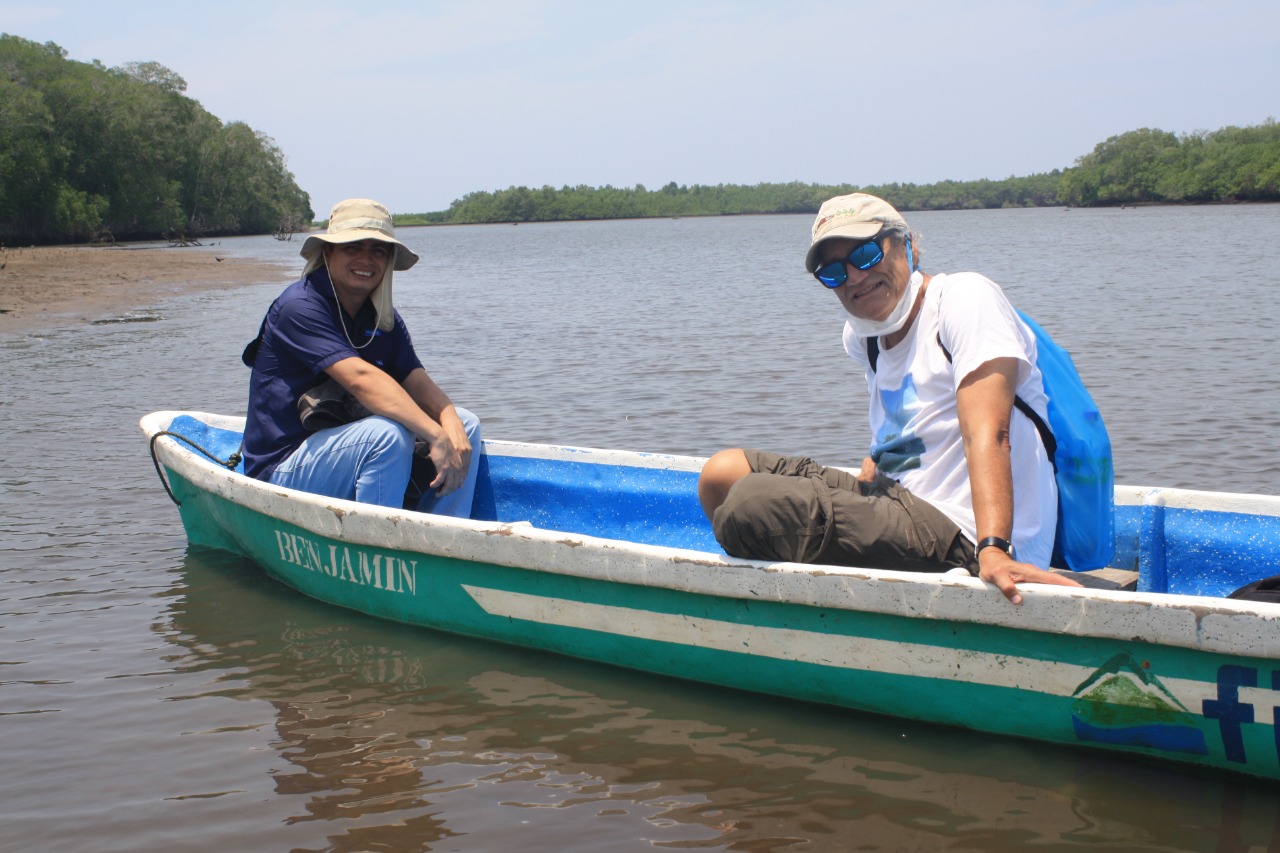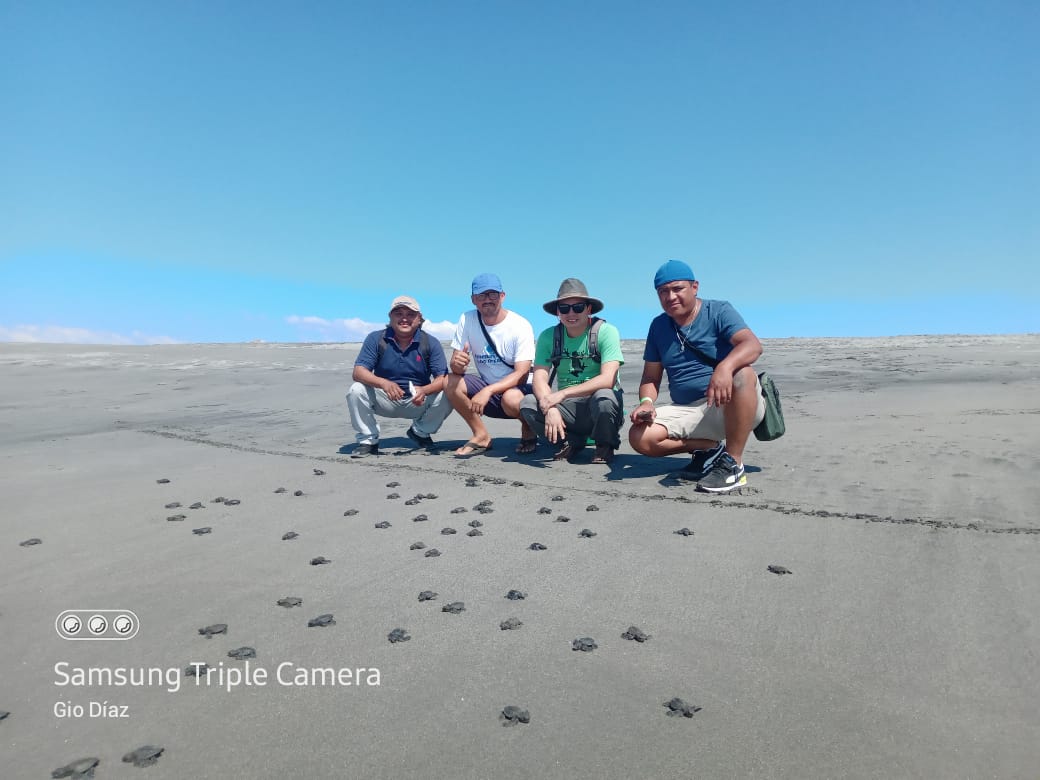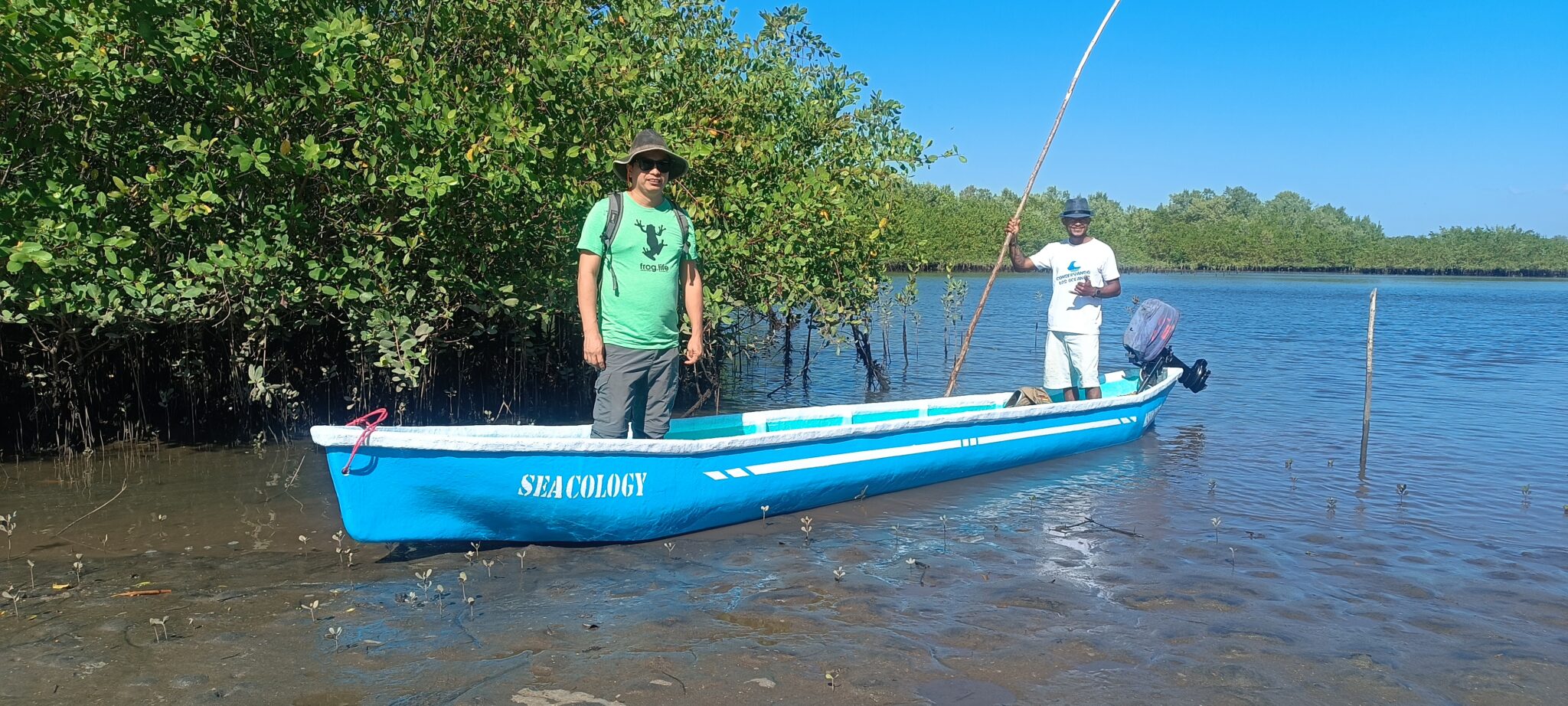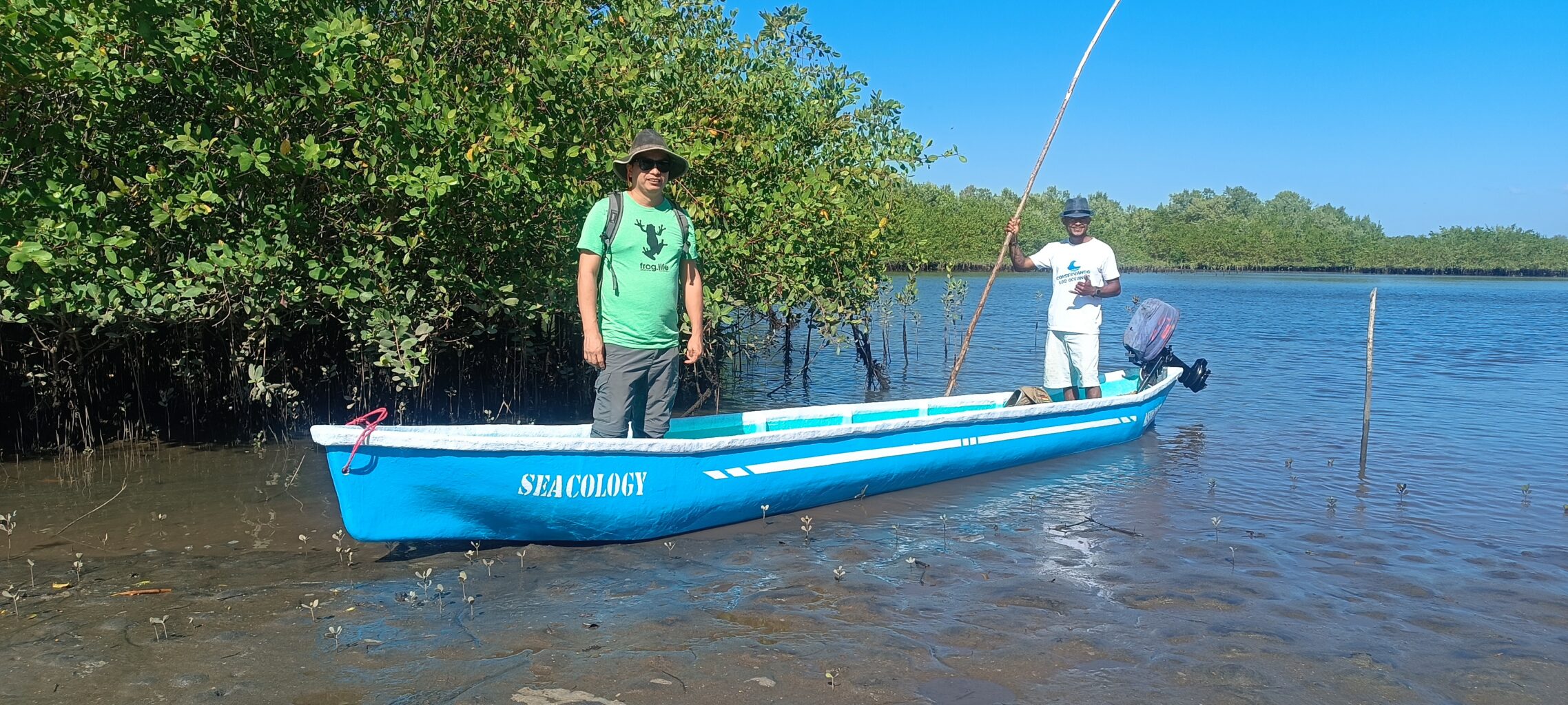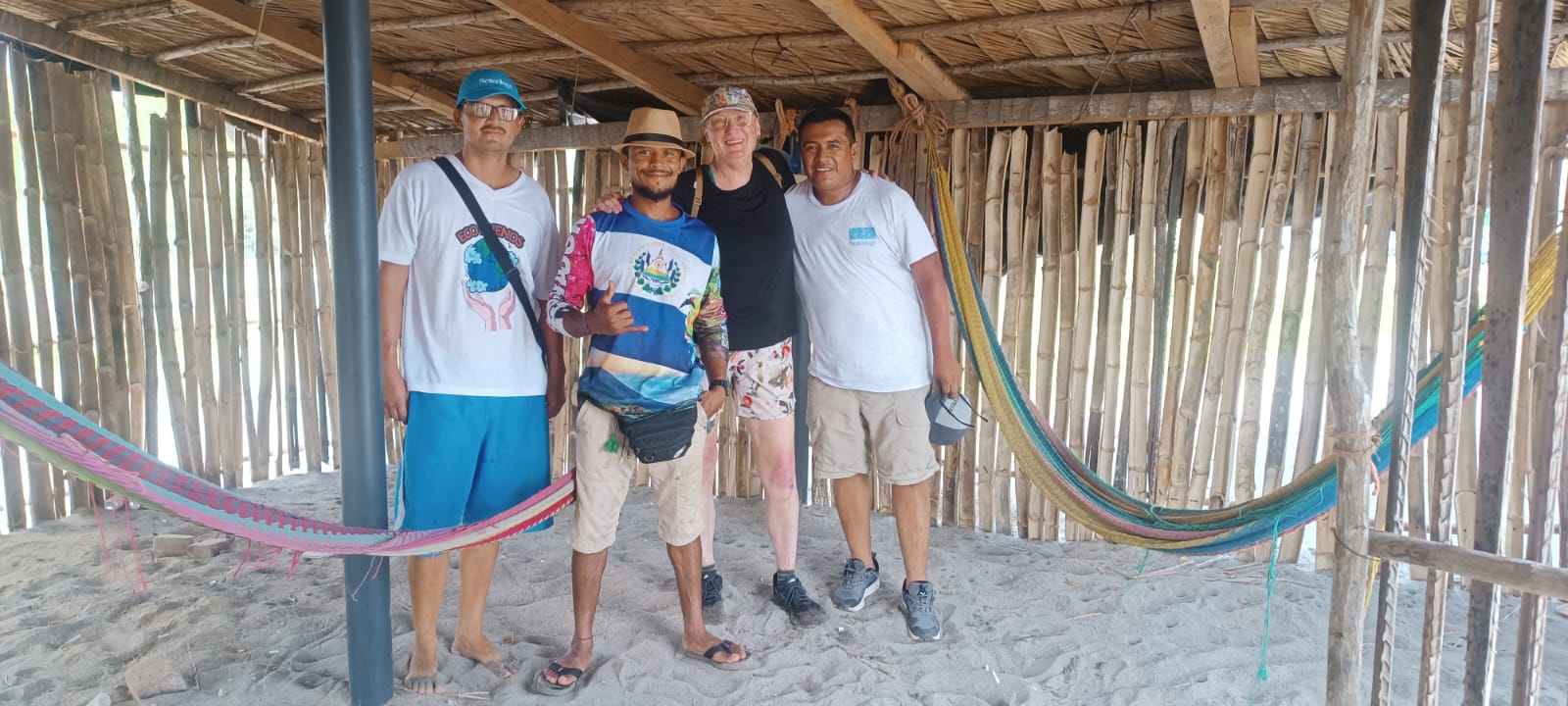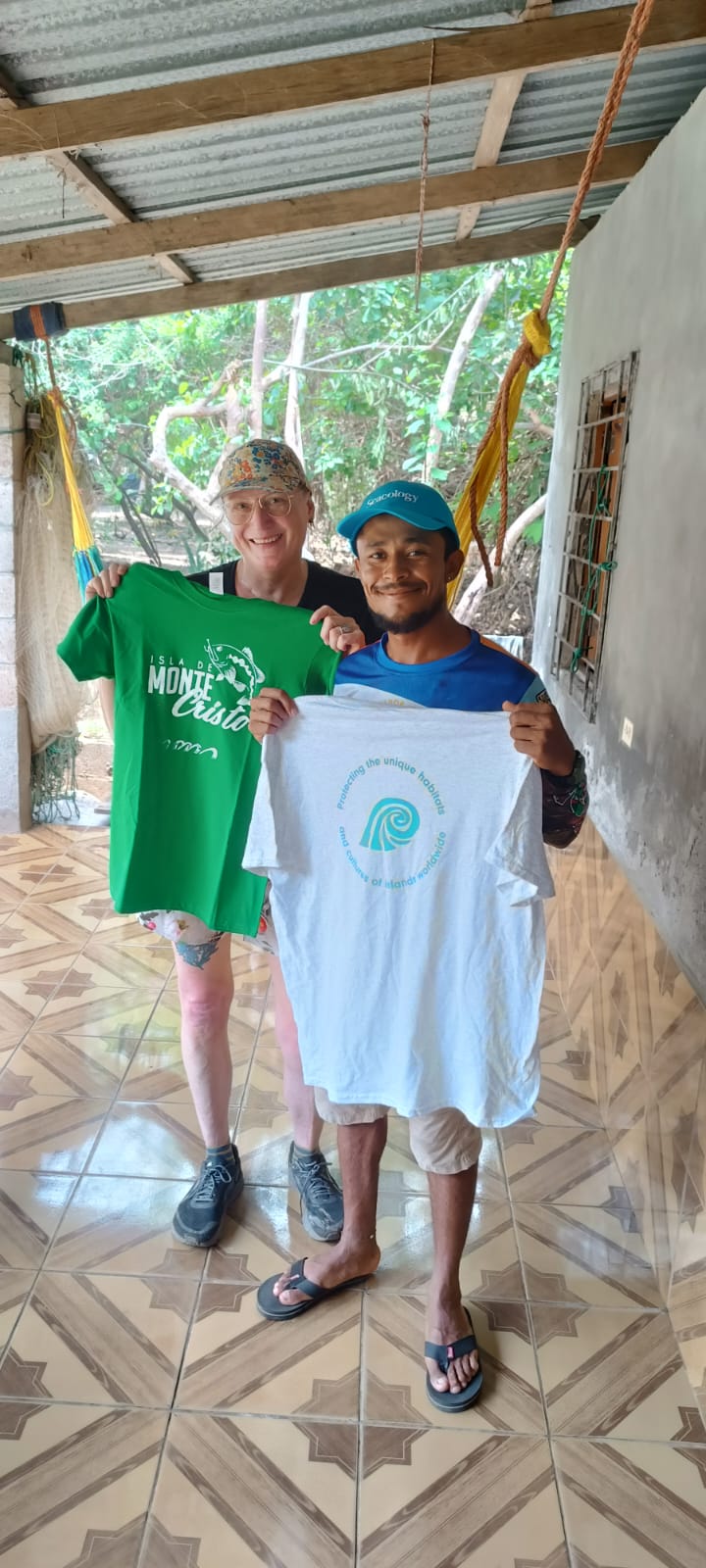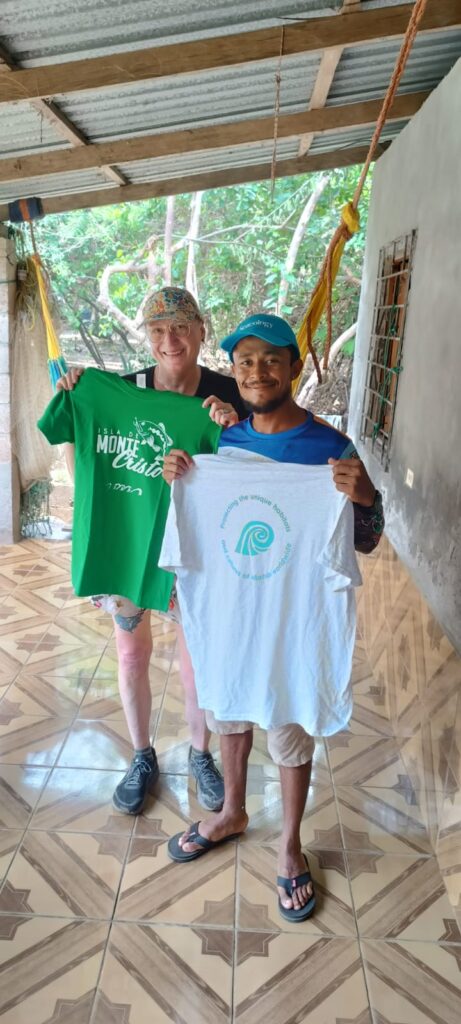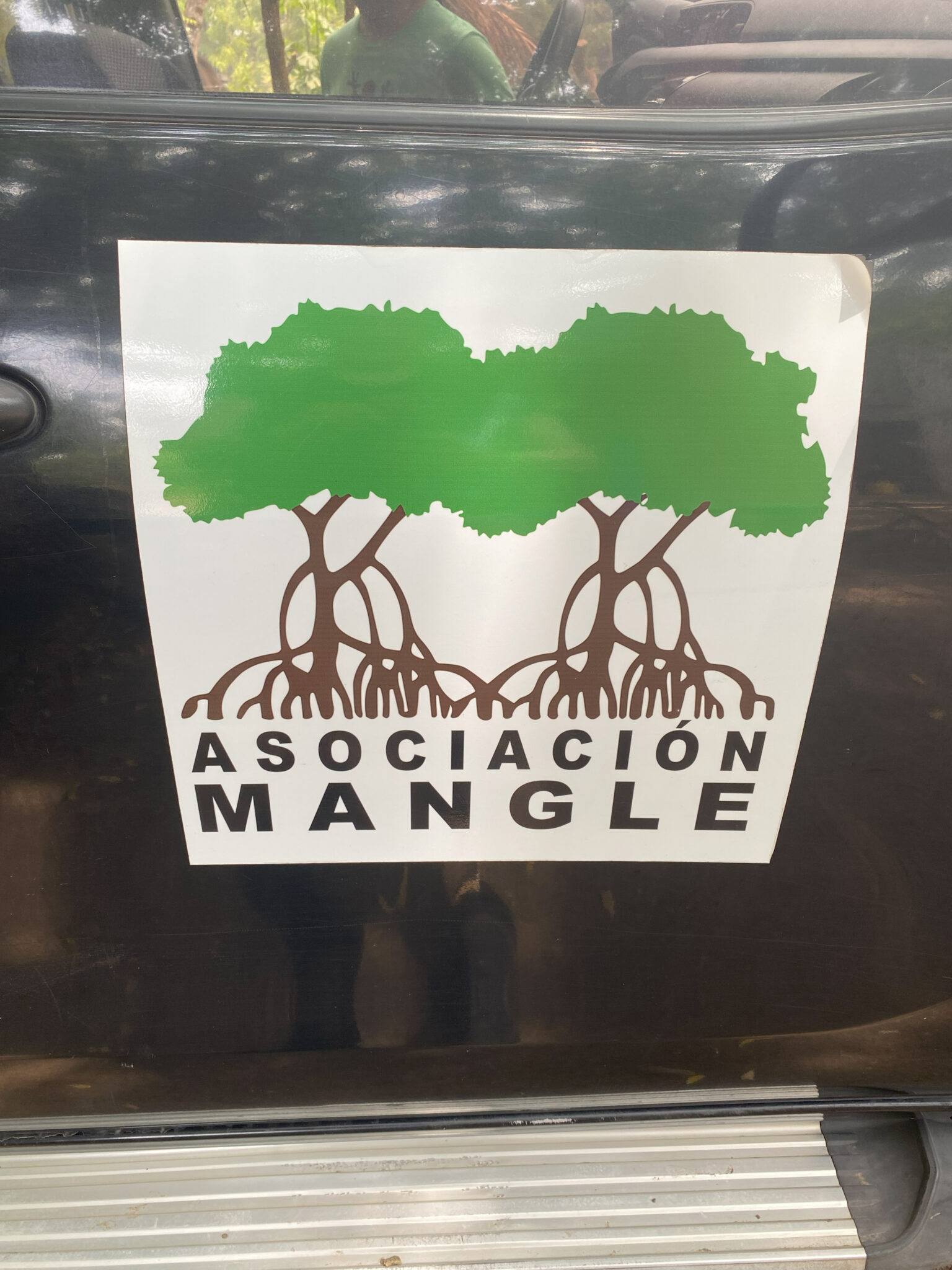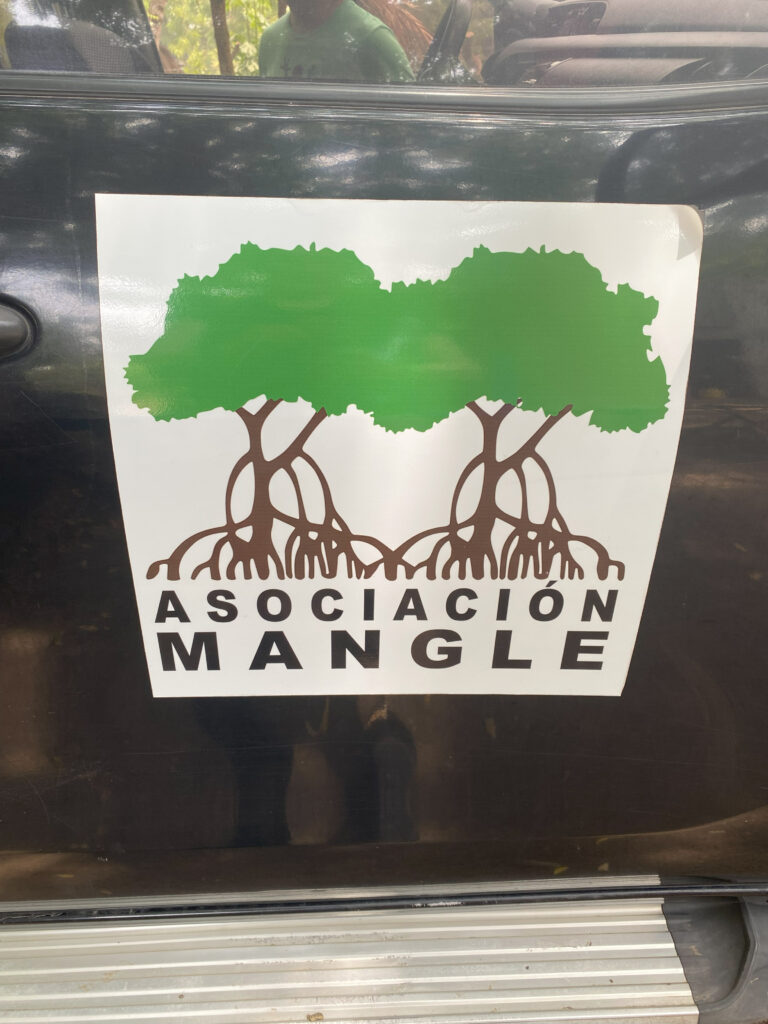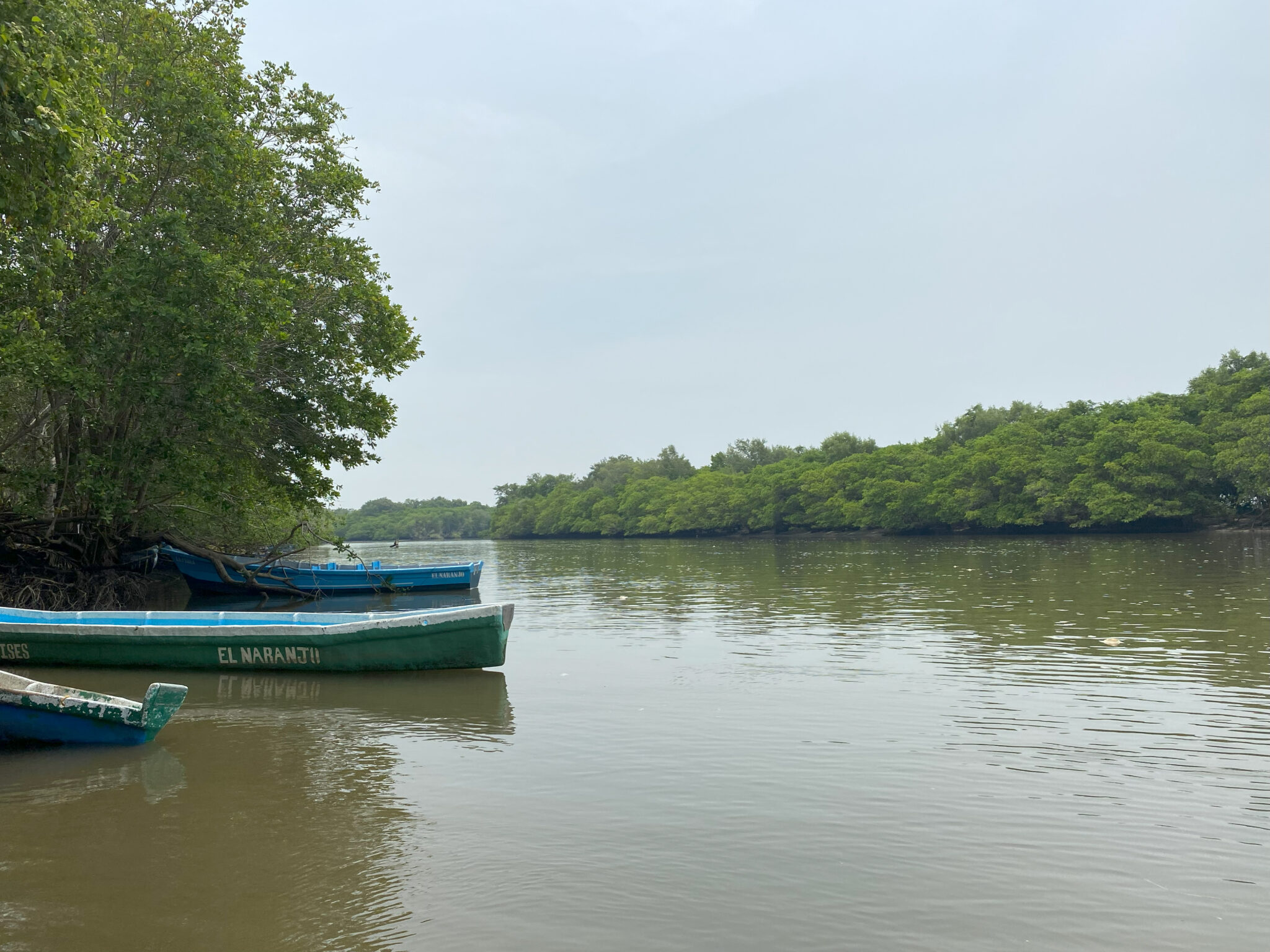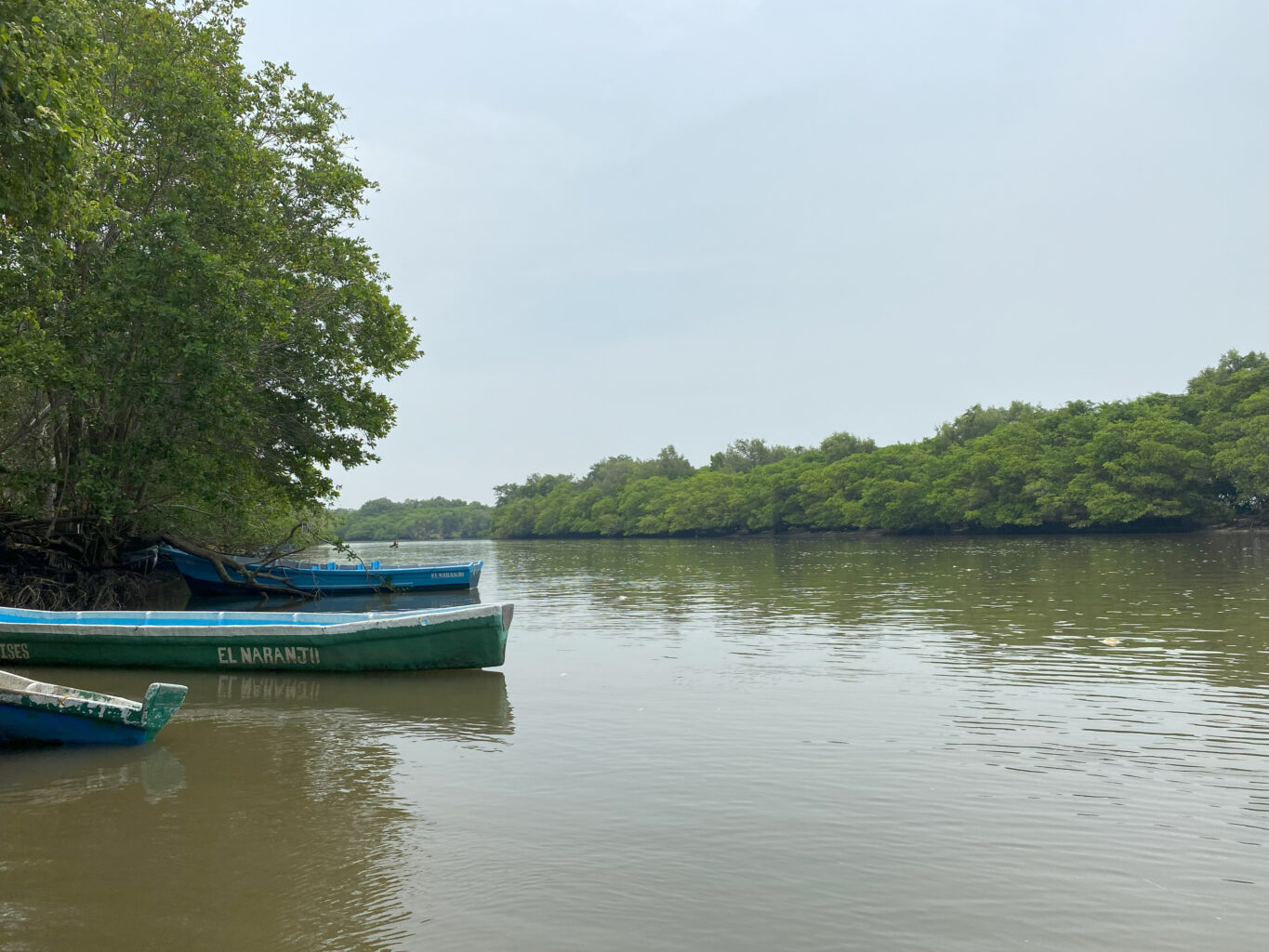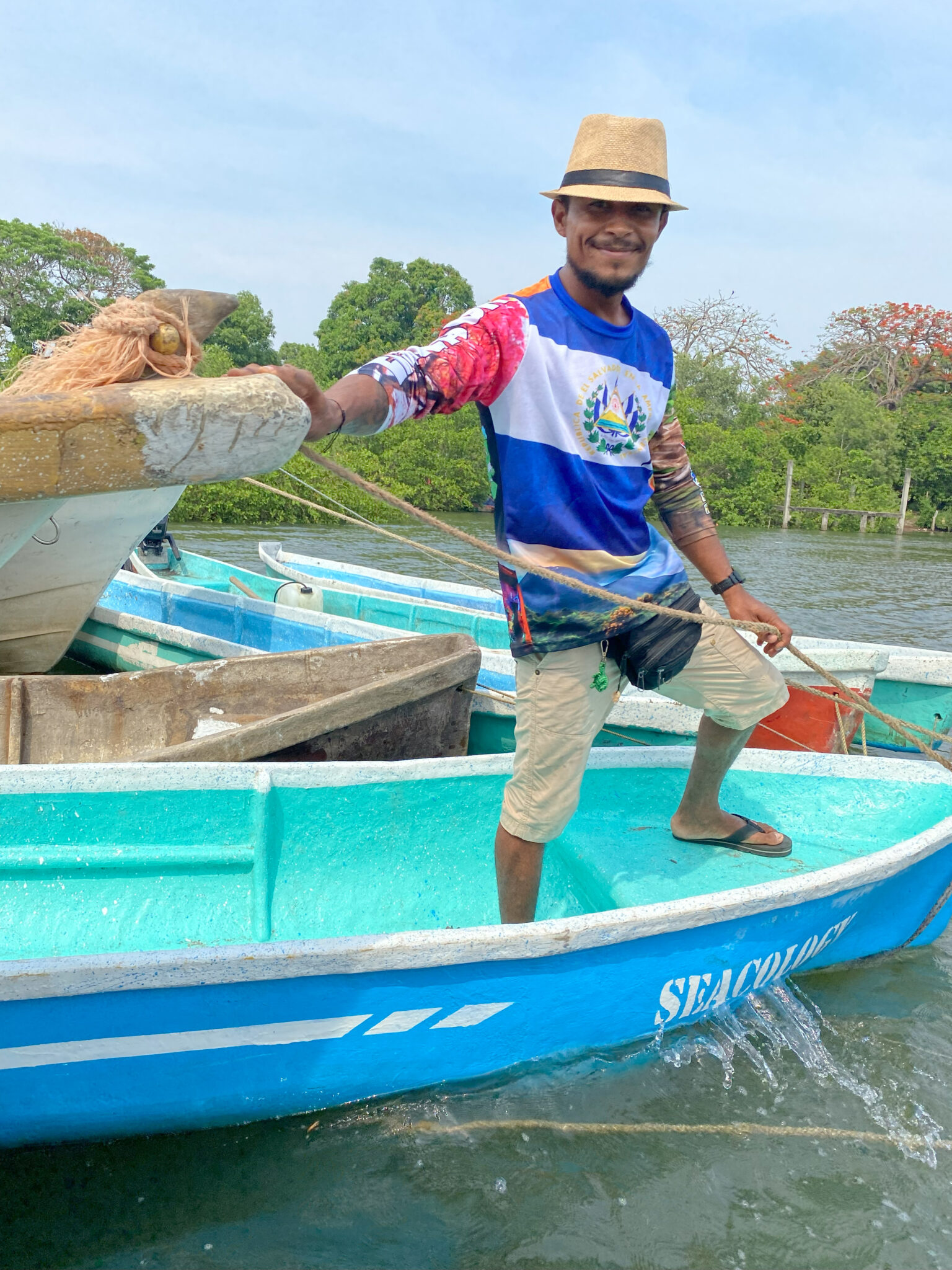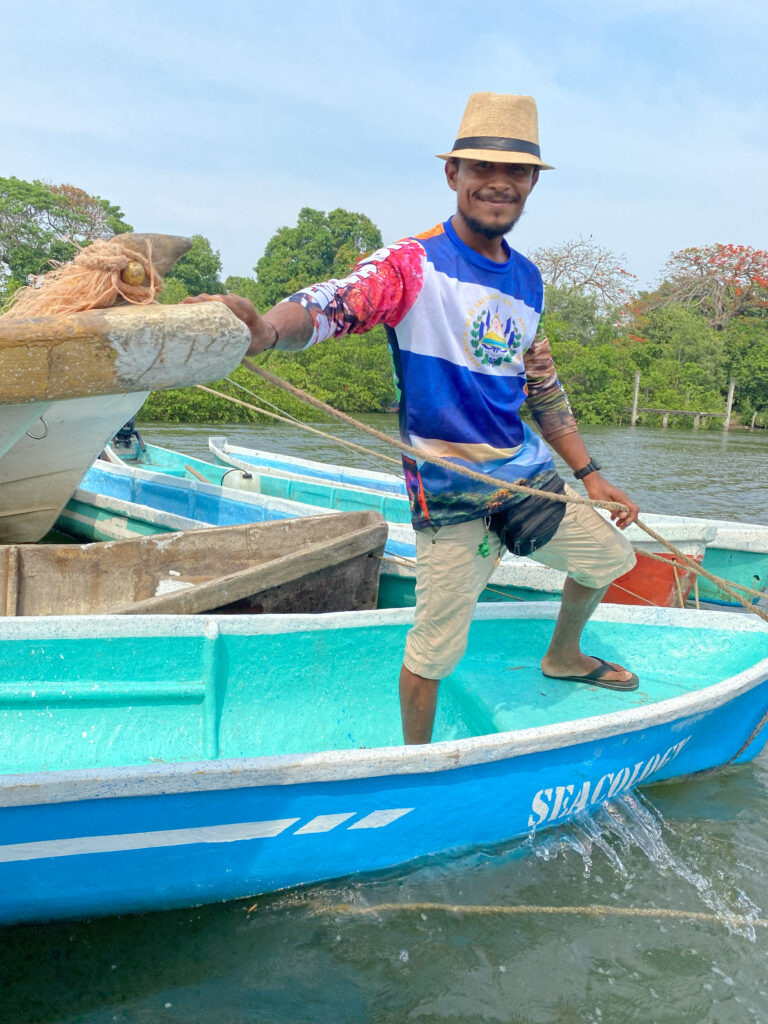Hawksbill, olive ridley, green, and leatherback turtles nest on the beaches of Montecristo Island, one of the main sea turtle nesting sites in El Salvador. But poachers take eggs. Snakes, crabs, and domestic animals also prey on them.
This puts more pressure on these endangered species, whose populations are already reduced by loss of habitat, fishing methods that catch them inadvertently, marine debris, and climate change. It is a disaster not only for these amazing animals, but for the ecosystems they are part of. Marine turtles help keep seagrass and coral reefs healthy and play an important role in the ocean food web.
This project would protect these endangered creatures with three initiatives:
A safe place for turtle eggs. A new hatchery and small guardhouse will be built on a site that will avoid flooding from the nearby Lempa River and contamination from latrines and aquaculture ponds. Local people will walk the beaches during turtle nesting season, collect eggs, and immediately take them to the hatchery. About 120,000 eggs will be collected and incubated in the hatchery, monitored around the clock by trained people. Some egg collectors will also monitor nesting sea turtle populations, providing important feedback for the hatchery’s operation. In exchange for this seasonal conservation work, groups of collectors will receive traditional fishing equipment, such as nets and small boats.
A public awareness campaign. With radio spots, social media campaigns, and in-person events, our project partner, Asociación Mangle, will educate people about the marine turtles and encourage conservation.
Turtle tourism. Outreach to tourists, beach cleanups, and public releases of hatchlings all encourage wildlife-based tourism. That in turn gives local people an economic incentive for keeping turtles safe and lets fishermen diversity their sources of income to include ecotourism.


